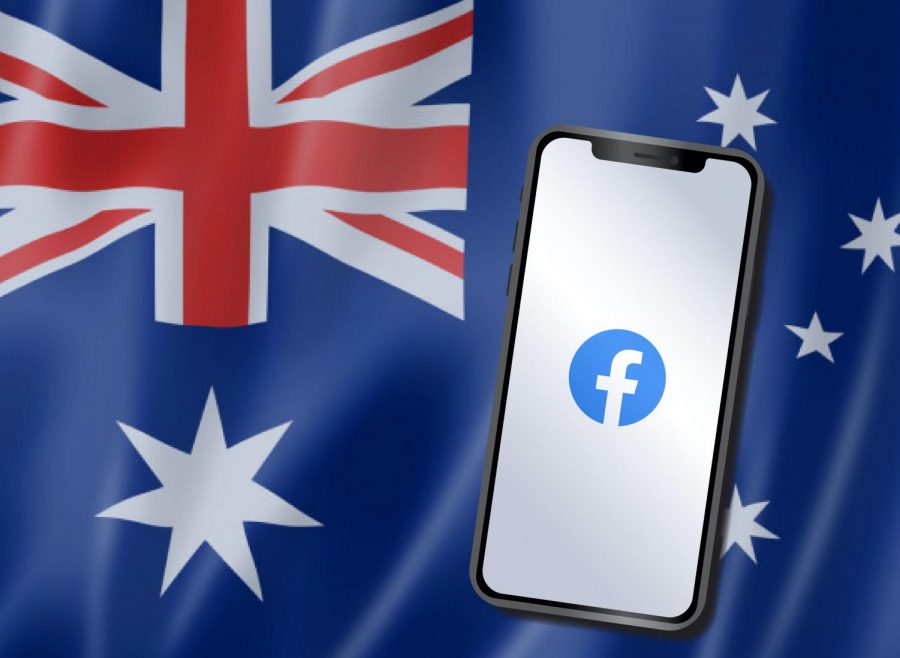Facebook Sets Precedent in Stance Against Monetizing News
Facebook has blocked news on its site in Australia. At first read, this statement sounds like something from a fictional dystopian universe. However, it is reality, and upon further research, Facebook may be completely just in their actions.
Australia passed a law that would force “Google and Facebook to pay a ‘link tax,’” which is slang for when corporations, like Google or Facebook, have to obtain permission from copyright owners before sharing said links. This process of gaining permission usually requires a fee, defined as a link tax.
Google initially was on the same side as Facebook, but later announced a “host of preemptive licensing deals,” while Facebook maintains its rigid stance, and who can blame them? Australia, and many other countries that will soon follow, are attempting to require Facebook and other similar companies to pay a tax on every Australian news source that is posted on its site.
Mike Masnick, founder of an American internet blog called Techdirt, stated that Facebook was perfectly just in its actions. He argues that the news ban Facebook enacted on its site was “in the best interests of a free and open internet,” which is true.
Australia is attempting to monetize news, which is a necessity in society. News should be free and accessible to people across the world; no one should be forced to pay to post or view a news story. If news can become completely monetized for all big technology companies in Australia, the question of where the line will be drawn begins to arise. Once news becomes monetized, are sports broadcasts to follow, or even something as simple as online movie reviews?
Facebook drew the line early by banning news on its Australian sites. However, Facebook banned much more than just the news, banning pages which included charities, bike trails, government agencies and health sites. Banning health sites comes at a bad time as Australia prepares to begin its COVID-19 vaccine rollout. This overzealous banning by Facebook is either spiteful or simply careless, but with a company as big as Facebook, careless maneuvers are rare. Facebook is sending a message to Australia and other countries hoping to enact similar laws to display its power.
Facebook’s obtrusive ban on topics outside of news was by no means just, but Facebook’s overall message is. It is protecting the free internet realm we know today where we can go online and get our fulfillment of daily news by websites able to publish completely free of payment. This ban is a definite PR disaster, but Facebook is trying to send a message: They will not budge on their stance.
Australian Prime Minister Scott Morrisan said that Facebook is back at the negotiating table after its previous stance, yet the company has not publicly indicated any change in its prior stance.
Although this law may seem isolated to Australia, many other countries are soon to follow their lead. “Canada, France and the European Union are believed to be considering similar laws,” while the U.S. is pursuing “antitrust actions against Facebook, Google and other Big Tech companies.” Facebook’s stance may come back to haunt them, but it is a stance that must be held. If the rest of the countries listed above are successful in passing similar laws, news will become a completely monetized product, and the free and open internet will be destroyed.
In order to maintain the internet freedom that is enjoyed and loved by all, other companies must follow Facebook’s stance. If other companies begin to comply, it will be a slippery slope of what, if anything, can be put on the internet for free.
Cory Bork, FCRH ’23, is a communications and culture major from Robbinsville, N.J.

Cory Bork is a senior majoring in communication and culture with a minor in marketing. Beginning in his sophomore year, Cory wrote articles extensively...










































































































































































































